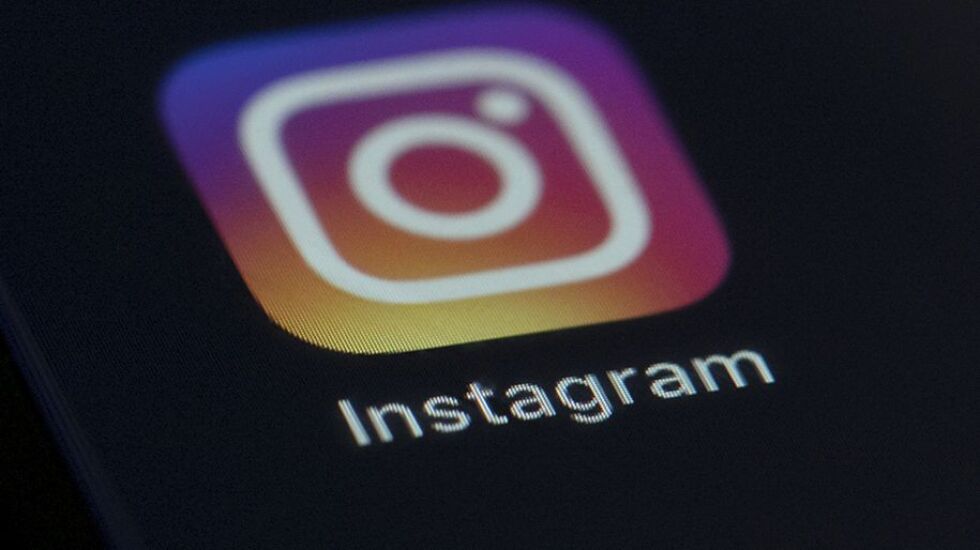
Instagram just gave Illinois 68.5 million reasons to keep protecting the privacy of individuals’ biometric information.
Last week, it was announced Instagram would pay $68.5 million to Illinois users to settle claims the app’s facial recognition technology violated Illinois’ 2008 Biometric Information Protection Act, which requires businesses to inform people about the information they will collect and get their OK. The settlement was similar to those reached with Google, Snapchat, TikTok and Facebook.
Biometric information is unique biological data, such as retina or iris scans, fingerprints, voice prints, hand scans, facial geometry or DNA. Increasingly, companies want to scoop that data up without regard to the impact on ordinary people’s privacy.
On May 18, the Federal Trade Commission warned that biometric surveillance has grown more sophisticated and pervasive, threatening privacy and civil rights. The agency said “malicious actors” can misuse large databases of biometric information if they get their hands on it.
Yet even as the FTC was issuing its warning, an effort in the Legislature to reach a deal with businesses to adjust BIPA was collapsing. The law doesn’t ban collecting biometric information. Generally, it just says businesses have to tell people what information they collect, how they will use it and get permission to do so. But some critics say the penalties can be so onerous they can harm or drive away businesses.
Privacy advocates and business interests spent much of the spring hammering out a revision of the law, and arrived at a deal privacy advocates weren’t thrilled with but felt protected the most important parts of the law. But then the business side walked away. Senate President Don Harmon, D-Oak Park, was so irked he said on public radio some business representatives had “punched us in the nose.”
The Legislature should hold firm and protect the key elements of BIPA, which is seen as the nation’s best in guarding the privacy of biometric information.
Ever-advancing artificial intelligence and other technology are enabling “deep fakes” that can allow criminals to impersonate people. Access to biometric information can help those criminals, which means laws should be getting stronger, not weaker. Biometric information can’t be changed, like the number of a stolen credit card.
Privacy advocates felt deflated after the negotiations. If you reach a compromise and then the other party rejects it, how do you start over?
One answer is clear: Be open to improvements, but don’t weaken the law.
The Sun-Times welcomes letters to the editor and op-eds. See our guidelines.
Send letters to letters@suntimes.com.







